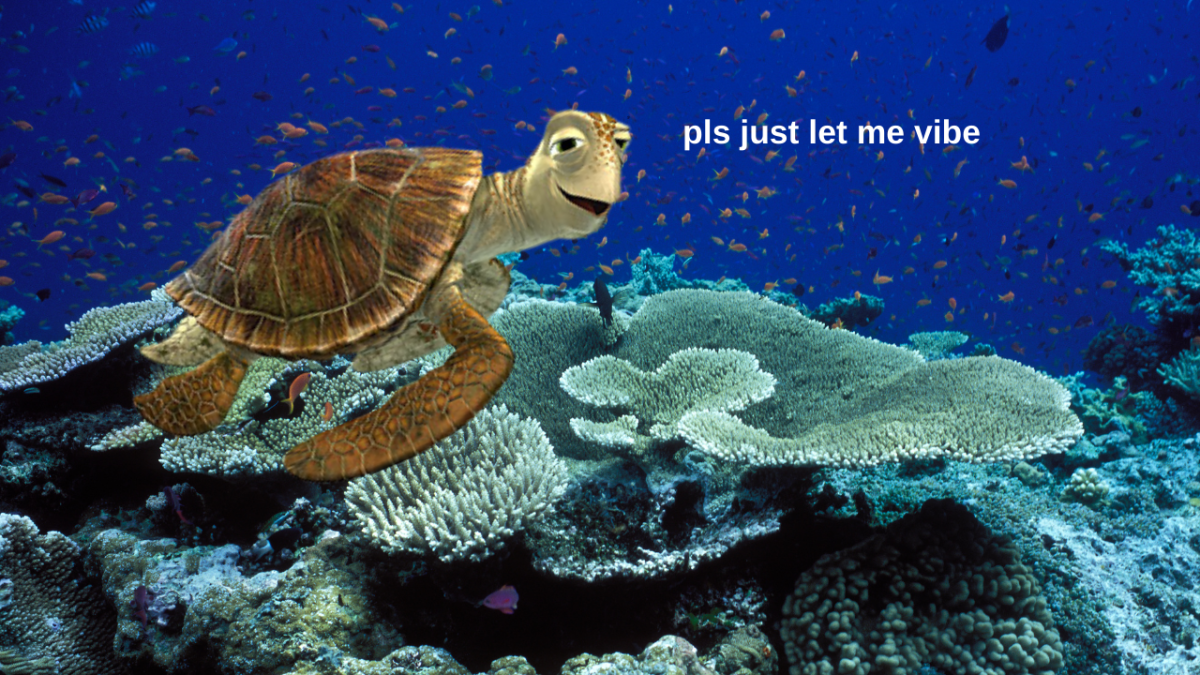
The Great Barrier Reef, Australia’s most embattled icon since Nadia Bartel’s Kmart plate, could be facing another mass bleaching event according to an exclusive report in The Guardian.
According to The Guardian, analysis from a group of scientists at the US-based National Oceanic and Atmospheric Administration (Noaa) from the three months up to December 14 showed some concerning findings.
The scientists said that heat stress on the poor little corals had reached an “unprecedented [level] in the satellite record” for the time of year.
Noaa’s analysis hasn’t been peer reviewed but it has been accepted into a scientific journal. Pretty worryingly, it says that the Great Barrier Reef is heading into Feb and March with “more accumulated heat than ever before”.
Dr William Skirving, who’s part of Noaa’s Coral Reef Watch, explained the potential consequences of the research to The Guardian.
Side note: Coral Reef Watcher-er which sounds like the cooler (though potentially more existential crisis-inducing) version of my childhood marine biologist dreams.
“There’s never been heat stress like that in our records. It’s completely out of character and speaks to the fact that the minimum temperatures were higher than the previous maximums,” Skirving said.
“This is almost certainly a climate change signal.”
The new analysis comes after Scott Morrison announced a $1 billion investment into the Great Barrier Reef if the Liberals win the 2022 election.
But he made the announcement without actually mentioning the words ‘climate change’ anywhere in his statement.
In the announcement, Morrison described the Great Barrier Reef as the “best managed reef in the world”. Hmmm.
Considering it’s been through five mass bleaching events since 1998 already, I firmly have my ponderous hat on.
Coral bleaching happens because ocean temperatures get hotter. What helps make ocean temperatures hotter? Climate change.
Back to the good folks at Noaa: their analysis shows that water temperature in mid-December was a whole 0.5 degrees hotter than it was in other years when the reef went through a bleaching event. Once again, hmmm.
At the moment, the imminent level of threat to the reef isn’t fully clear or confirmed. Dr Mark Green from the Great Barrier Reed Marine Park Authority told The Guardian the possible impact to the reef was currently “minor” but they were keeping an eye on it.
“The impact is considered minor at this point, however we are watching conditions closely, recognising the heat accumulation in the system.”
In both 2016 and 2017 there were mass bleaching events which impacted two-thirds of the Great Barrier Reef, though luckily the southern sector of the reef was spared in both years (small wins!).
But a handy PSA for the pollies here: it turns out that to stop coral bleaching, you need to stop climate change.
And for that to happen, you probably need to actually acknowledge that climate change exists.
Without doing that, you’re basically just dumping cash into the ocean and hoping for the best.



